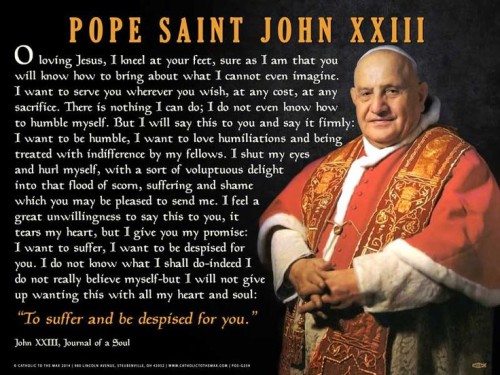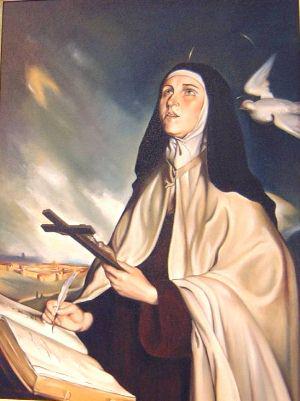 St. Teresa of Avila (1515-1582)
St. Teresa of Avila (1515-1582)
(CNA) Born in Spain at Avila Castile City, Teresa Sanchez Capeda, was the third in a Jewish family who converted to Christianity during the reign of King Ferdinand and Queen Isabella — Teresa’s father Alphonsus became a very religious Catholic and owned a collection of spiritual books of the type Teresa would later compose herself.
As a child, Teresa was fascinated by stories of the Saints and Martyrs for Christ as was her brother Roderigo according to EWTN who was near her age and her childhood friend. Once when Teresa was just 7, the trio of friends made a plan to run away to Africa where they may be Martyred by the Muslim inhabitants. — They set out on their way secretly, expecting to beg their way there like the poor Friars but only had gone a short distance from home when the three friends were met by an Uncle and returned to their anxious Mother, who had sent servants into the streets to search for them. Subsequent to this, both Teresa and her brother Roderigo now thought they may like to become ‘Religious Hermits’ they attempted to construct little stones from stones they found in the garden.
When Teresa was just 14 yrs old, her mother died causing Teresa to suffer much grief, prompting her to embrace an even deeper devotion to the Virgin Mary as her spiritual mother. Together with this good resolution, Teresa also developed immoderate interests in reading popular fiction and caring for her personal appearance.
Though Teresa’s ‘Spiritual Directors’ later in life would just these thoughts and ideas relatively minor, they still would represent a noticeable loss of her Childhood zeal for God. — A little later in Teresa’s life, her father Alphonsus decided that his teenage daughter needed a change of environment and he sent Teresa to be educated in a Convent of Augustinian Nuns. While Teresa found their life dull at first she soon came to understand and realize its spiritual advantages.
After about a year-and-a- half in the Convent, Teresa fell ill what according to EWTN seems to have been a “malignant type of malaria” and her father Alphonsus brought her home to recover. After Teresa recuperated, she went to stay with her eldest sister who had married and gone to live in the country but insisted that she’d return to the Carmelite Convent as soon as she was able.
After about 3 yrs, Teresa returned to the Convent, her intelligence, warmth and charm made her a favorite and she found much joy and pleasure being with the others. It was a custom in Spain during those days for the young Nuns to receive their acquaintances in the Convent’s parlor and Teresa spent much time their, chatting with friends.
Teresa became especially attracted to one of the visitors whose company was disturbing to her, though she told herself there could be no question of sin, since she was doing what so many others better than her were doing. During this relaxed time, she gave up her habit of ‘mental praying’ using as a pretext the poor state of her health.
“This excuse of bodily weakness,” she would write afterwards, “was not a sufficient reason why I should abandon so good a thing, which required no physical strength but only love and habit. In the midst of sickness the best prayer may be offered and its a mistake to think it can only be offered in solitude.”
Teresa would subsequently return to the practice of ‘mental prayer’ and never abandoned it again.
For the next 3 years Teresa made remarkable progress in her spiritual life, developing the practice of recalling herself into the presence of God though quiet contemplation. When Teresa was nearly 40, she experienced profound changes within her own soul together with remarkable visions that appeared only could come from God.
Under the direction of Teresa’s Confessors, she would write about some of these experiences in an autobiography The Life of Teresa of Jesus that she completed in 1565
Teresa had always been accustomed to contemplate Christ’s presence within her after Him in the Sacrament of Holy Communion. Now however she understood that the presence she received did not simply fade:
God was in-fact, with her always and had been all along. It was simply a matter of putting herself in God’s presence with love and attention–as anyone can do at any moment.
This revolution in Teresa’s spiritual life, enabled her to play a significant role in the renewal of the Church that followed the ‘Council of Trent’ — Teresa proposed the Carmelite Nuns return to their original rule of life, a simple and austere form of monasticism that was founded on silence and solitude which had received Papal approval during the 12th century and was believed to date back to the Old Testament Prophet of Elijah.
Together with Teresa’s close collaborator, the Priest and writer who would later be Canonized St. John of the Cross (Feat Day: 14 December) she founded what is known today as the “Order of Discalced Carmelites” – ‘discalced’ meaning barefoot, symbolizing the simplicity which they chose to return the Order after a period of corruption. The reform met with fierce opposition but later resulted in the founding of 30 Monasteries during her lifetime.
Teresa’s health failed her for her last time while she was traveling through Salamanca in NW Spain in 1582 Teresa accepted her final dramatic illness as God’s chosen means of calling her into His presence forever.
“O my Lord and my Spouse, the desired hour is now come,” Teresa stated. “The hour is at last come, wherein I shall pass out of this exile and my soul shall enjoy in Thy company what it hath so earnestly longed for.”
Teresa died in October 1582 in the arms of her Secretary and close friend Blessed Anne of Saint Bartholomew according to SQPN
St. Teresa was Beatified in 1614 by Pope Paul V and Canonized in 1622 by Pope Gregory XV together with three of her great contemporaries: Saint Ignatius of Loyola Saint Francis Xavier and Saint Philip Neri
In 1970 Pope Paul VI proclaimed St Teresa of Avila as one of the first two Women ‘Doctors of the Church’ together with the 14th century Dominican St. Catherine of Siena
More here from Franciscan Media
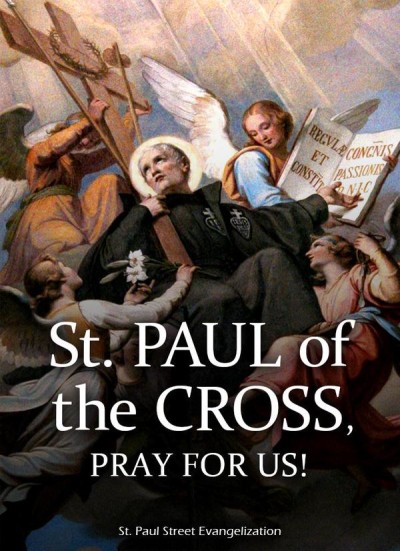 St. Paul of the Cross (1694-1775)
St. Paul of the Cross (1694-1775)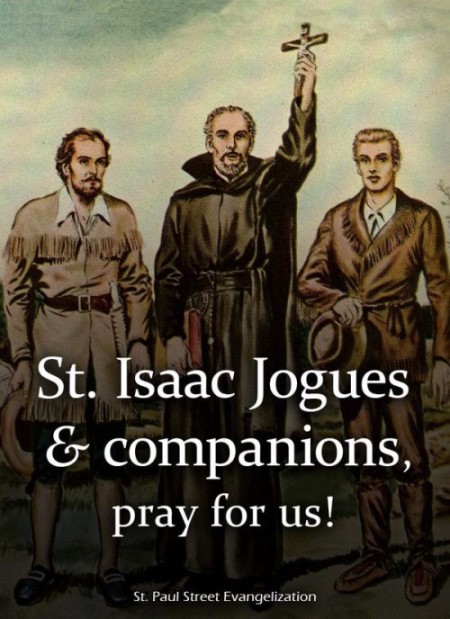 St Issac Jogues (1607-1646) and Companions (1593-1649)
St Issac Jogues (1607-1646) and Companions (1593-1649)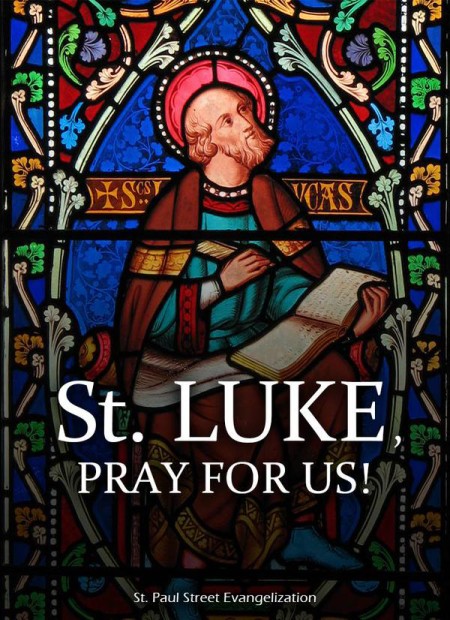 St. Luke the Evangelist & Apostle
St. Luke the Evangelist & Apostle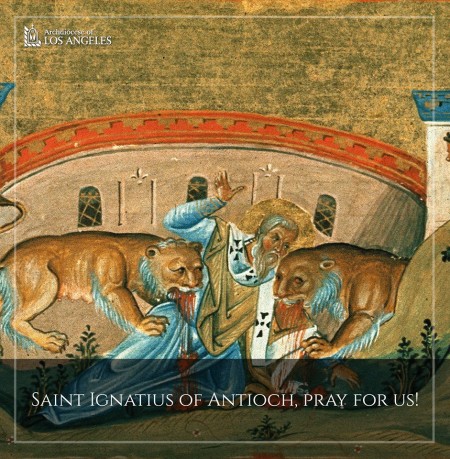 St. Ignatius of Antioch
St. Ignatius of Antioch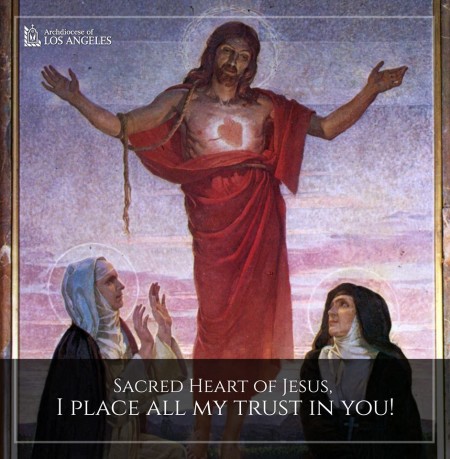 St. Margaret Mary Alacoque (1647-1690)
St. Margaret Mary Alacoque (1647-1690) St. Teresa of Avila (1515-1582)
St. Teresa of Avila (1515-1582) 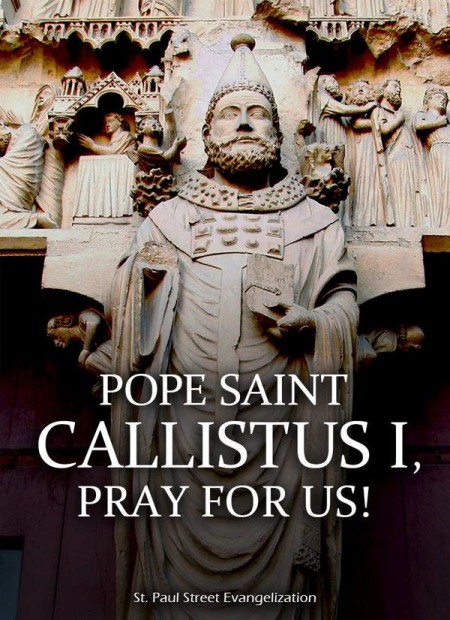 Pope Saint Callistus I
Pope Saint Callistus I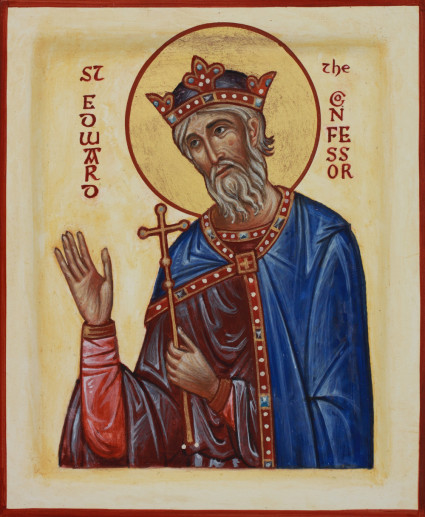 St. Edward King of England (1003-1066) Image:
St. Edward King of England (1003-1066) Image: 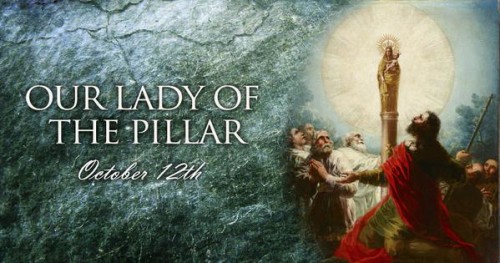 Our Lady of the Pillar — Pray For Us
Our Lady of the Pillar — Pray For Us